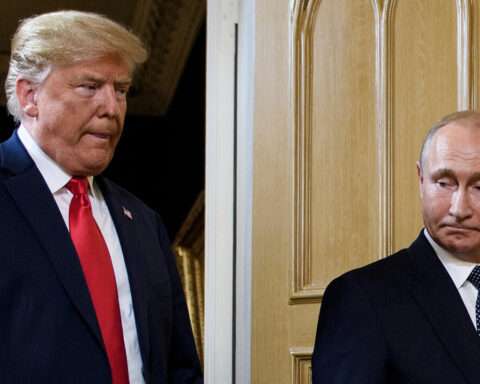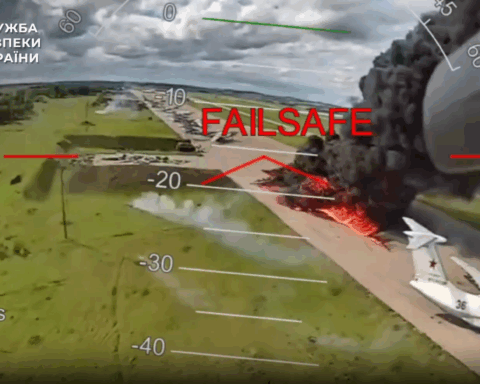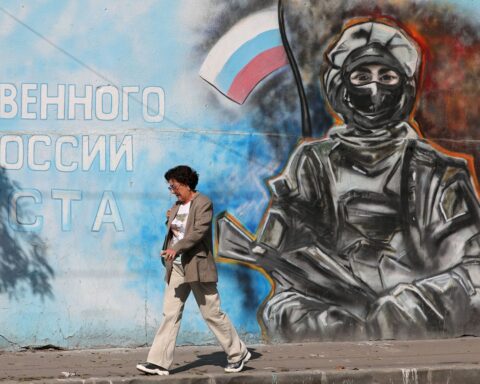The United States and its allies are preparing to impose fresh sanctions on Russia in the wake of what the West and United Nations have called “sham” referendums in four Ukrainian regions, with the White House saying the measures would exact a “severe” economic price on Moscow.
On September 28, European Commission President Ursula von der Leyen introduced a new package of measures, saying they are designed “to make the Kremlin pay” for escalating the conflict in Ukraine.
“We do not accept the sham referenda nor any kind of annexation in Ukraine, and we are determined to make the Kremlin pay the price for this further escalation,” she told reporters in Brussels.
The proposed eighth sanctions package includes further import bans on Russian products that are meant to deprive Moscow of an additional 7 billion euros ($6.7 billion) in revenues.
The White House said the United States will “never” recognize Russian attempts to annex parts of Ukraine and is preparing new economic sanctions on Moscow that will impose a “severe economic cost on Russia when they move forward with annexation.”

“We will never recognize these illegal and illegitimate attempts at annexation,” Press Secretary Karine Jean-Pierre told reporters on September 28.
The EU will fully ban imports from Russia of steel and steel products, pulp and paper, machinery and appliances, intermediate chemicals, plastics, and cigarettes, according to an EU diplomat.
The sanctions would also ban the export of EU of goods used in aviation, such as tires and brakes, and electrical components including certain semiconductors and less sophisticated components than those already banned, the diplomat added.
In addition, the diplomat said, the proposal also aims to ban the export of specific goods that can be used for torture.
The sanctions package will lay the legal basis for an oil price cap and ban EU citizens from sitting on governing bodies of Russian state-owned companies, von der Leyen said.
The new sanctions also would include restrictions on 37 individuals and companies that are engaged in organizing referendums.
This would include deputy ministers, celebrities, musicians, and people involved in spreading disinformation.
The proposal has been presented to the EU ambassadors of the 27 member countries, who are scheduled to discuss it on September 30. They will have to overcome differences in order to reach the required unanimity.
In Washington, two architects of the U.S. sanctions regime told lawmakers that future sanctions must focus on depriving Putin of what he needs to fund and fight the war.
This includes revenue from Russia’s oil and gas sales and access to global supply networks to replenish his military.
Elizabeth Rosenberg, an assistant treasury secretary, stressed that the United States should be “laser-focused” on starving Russia of energy profits.
Rosenberg testified on September 28 before the Senate Foreign Relations Committee alongside James O’Brien, head of the State Department’s sanction coordination office, as senators complained that the first rounds of sanctions did not hit Moscow as hard or fast as the administration had forecast.
Rosenberg told lawmakers that Russia should be in a fiscal deficit by the end of the year but for now the ruble is managing far better than the United States projected and inflation and its stock market levels aren’t out of line with those of other countries.
Rosenberg and O’Brien called for stronger action against Russia as U.S. and European officials prepare to impose a system of price caps on Russian maritime oil exports. The system would be designed to keep Russian oil on the world market. The architects of the plan say this would avoid driving up prices even higher, while forcing down the price that Russia gets for its exports.
The next step must be to double down on the global arms procurement networks Russia is using to replenish its weapons and technology for the war in Ukraine, Rosenberg and O’Brien said.






